Indoor pool training on Friday 15 December 2023 was a highlight.
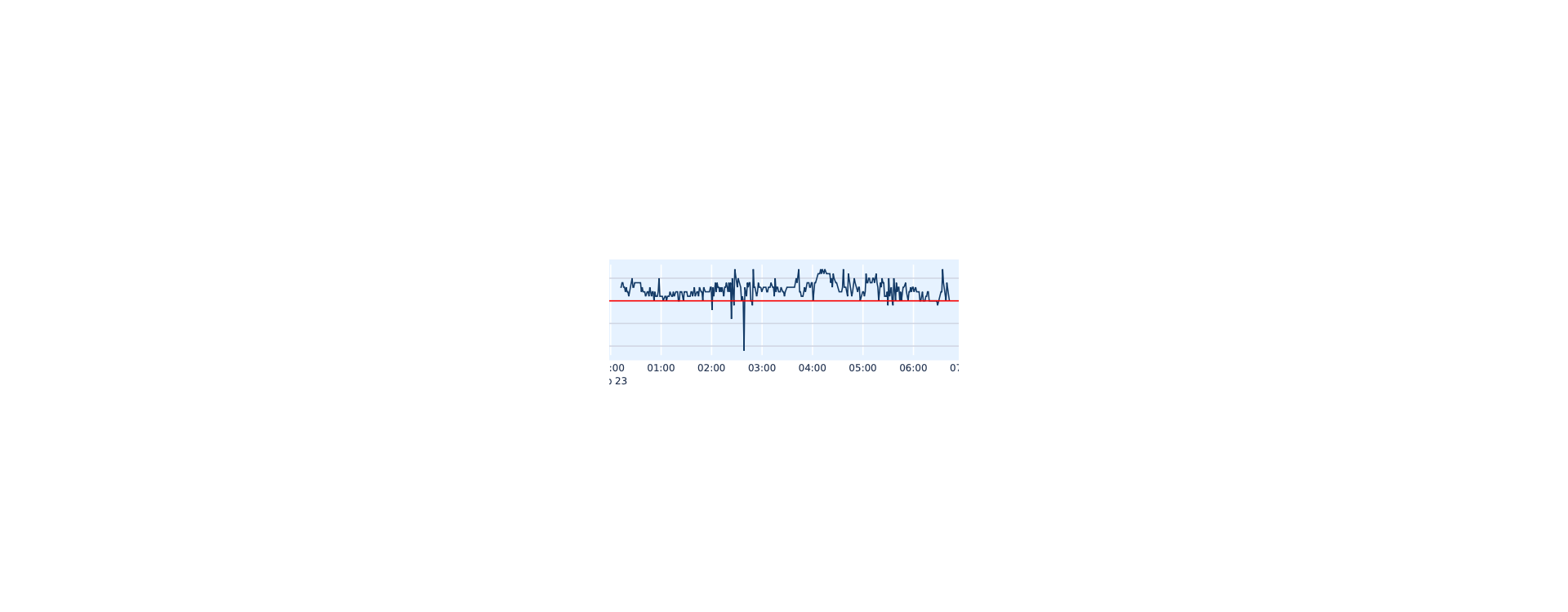
Sleep apnea
Snoring isn't bad
I've been snoring for as long as I can remember. To me, snoring was just a funny sound that sleepers make. As a child, I always found it funny when my grandmother fell asleep in front of the TV and made these noises. A small anomaly, amusing when someone snores at a conference or in the theatre, and certainly also annoying, disturbing to intolerable for those who want to sleep next to a snorer and cannot.
Even when I was told that I wasn't snoring all the time, but that I had paused breathing, it didn't make me think any further. I usually wake up in the morning before the alarm clock, I'm asleep, full of energy, and I don't fall asleep during the day, so no problem! I thought.
Sleep apnoea in an apnoea diver
In this article, I'd like to explore why it's a problem. I'm not a doctor, and I'm just giving a patient's perspective. But in one respect, I'm a special patient: I'm a free-diving diver and a free-diving instructor, so I'm actually an expert in non-breathing, albeit in conscious daytime apnea.
Diagnosis: No sleep apnoea
Since I have had high blood pressure since I was 30, which I also treat with medication, I have to go to the GP once a year to check my kidney values (the kidneys have an important function in relation to blood pressure) and see if my blood pressure values are within range. Every now and then we do a 24-hour blood pressure test, where I have to wear a device on my belt for a day and a night, which takes my blood pressure through an arm cuff every 15 minutes. Not very comfortable, you don't sleep very well with that thing on your arm, but it's bearable.
this year in August it was that time again and I sat at the desk of my GP. We came to talk about possible sleep apnea. To rule it out, my family doctor suggested that I do the 24-hour blood pressure measurement this time, not with his machine, but with a cardiologist who had a machine that would also measure oxygen saturation. So far so good, so I went to that cardiologist and had the procedure done on me. Good result: No evidence of sleep apnoea, everything is fine!
I doubt the diagnosis
I always get copies of all doctor's reports, examination reports etc., including the 24-hour blood pressure measurement with oxygen saturation. However, I found it strange that the printout of the software did not list any oxygen saturation values. So I had my GP check with the specialist: The statement was that there had been a problem with the software, but the raw data was all there and the values were okay.
I'm a computer scientist. When I hear that the raw data is there, it doesn't show up in the analysis; there's a little bell ringing in my brain. Unfortunately, not loud enough.
What's Sleepiz?
It must have been about a week later, and I see an advertisement on Facebook for a sleep analysis from a company called Sleepiz. Since Facebook usually only advertises textiles from China or gifts for people who already have everything, I want to keep scrolling, but I get stuck. The bell rings again. Sleep analysis for 74.50 Swiss francs instead of 149 Swiss francs? That can't be smart. Turn around, what have I got to lose, except 74.50 Swiss francs? So I order a sleep analysis like that. My credit card transaction breaks down, so does my second attempt, so I give up. It's nothing serious, I knew right away.
A few days later, I get a phone call. I can tell by the voice that this is not one of those regular promotional calls that I get almost every day. The lady on the phone says she's processing my Sleepiz order, and she's wondering, did I really order it twice? I said, "No, there was a problem with my credit card, please just one time." "No problem," the lady said, "I'll just cancel your second order and the amount will be credited to your credit card." I'm impressed, is there something to it?
A day or two later, I get a big box sent home. Inside is a professionally made suitcase full of hardware. It is mounted on a heavy tripod with a base placed at chest level next to the bed (I suppose it is a lidar sensor), a computer for the wrist with a fingertip sensor, a tray to collect and transmit the data of the sensors and all the necessary cables and power supplies. Everything is well explained and the installation is done quickly.
I sleep monitored for the next three nights, like the sleep lab at home. The tablet sends the data online, and I get an email every afternoon saying the data quality from the previous night was good. After three days, I pack everything back into the box and send the package back to Sleepiz postage-free for me.
The hunch confirms, the evaluation of Sleepiz
I can then choose a telephone consultation appointment online and get it confirmed. Since the name of the lady who will make the appointment with me is indicated in the invitation, I quickly try Google. Contrary to my prejudices, this is not a fake persona of a helpdesk worker in India, but a person of flesh and blood with a good education. I am curious.
During a 30-minute telephone consultation, it turns out that I have a mild to moderate sleep apnea. During the 3 nights I had between 10 and 18 respiratory events per hour, i.e. every 3-6 minutes something happens that shouldn't happen.
The lady on the phone is not trying to sell me a special pillow or mattress (you see, I'm still very sceptical), but recommends that I discuss the result with my doctor.
Since I still have an appointment with my GP, I will immediately take the evaluation I received in PDF format with me.
Here is one of the charts from Sleepiz's analysis:

Sleep analysis with the specialist Lung diseases and sleep medicine
My next appointment will take me to a doctor's office that specializes in pulmonology and sleep. At home, they'll give me another sleep-analysis device. I tie this model to my chest, put a tube in front of my nose to measure my breathing, and again an oxygen sensor on my fingertip. The measurements last only one night. The next day, I will bring the machine back and discuss the results with the doctor straight away. The results are clear, as stated in his report: "Analysis of the raw data with the patient in the supine position reveals a massive occurrence of obstructive apnoea and hypopnoea within half a minute. Where there is evidence of severe sleep-related respiratory disorders.";
The doctor shows me on the screen the history of his measurements. His device doesn't have a lidar, but the resolution is very precise, and it seems to me that the device takes the values per second and displays them on the screen with graphs that are metres long.
During sleep, your heart rate goes down, your sleep goes deeper, your breathing stops, your blood oxygen saturation goes down, your heart rate goes up, I wake up, I catch my breath, my heart rate goes down again, your oxygen saturation goes up, your sleep goes deeper. This happens every two minutes or so and lasts all night. The measured night that I slept five hours, I was hypoxic for two full hours. My body sits all night, instead of recovering, fighting for survival, releasing stress hormones, and I can't sleep.
Anyone who has ever tried Static knows what it feels like in the last few seconds of struggle, when the respiratory stimulus intensifies and every fibre of the body screams "Breathe!". I do this to my body hundreds of times every night, instead of letting it rest and recover.
Why wasn't my sleep apnoea diagnosed earlier?
My "problem" with sleep apnea is probably that I lack the typical symptom: I wake up fresh in the morning, I am active and full of energy. Apparently, my body can compensate for the bad sleep. In the follow-up, I remember that many doctors have asked me about fatigue and lack of drive. With my answer, every doctor has ticked off the checkbox "Possible sleep apnea". Sleep apnoists (or is it: sleep apnotics) must be tired!
Therapy: I get a CPAP device
The sleep doctor doesn't give me a torch. The passage in my palate is anatomically very narrow, and when I'm asleep, the sagging tissue closes the passage. He advises against surgery, and the only option is a CPAP device. The device sucks in room air, compresses it, and passes over an airtight mask into my nose. This overpressure will widen the tissue and get enough air into my lungs.
Although the prospect of having to sleep like a cyborg with a mask on his face in the future is not exactly uplifting, I am relieved that an important factor of unhealthiness has been found in my body and can be corrected with a relatively simple device.
Since I already have some experience in sleeping with devices on my arm, chest, stomach and fingers, I think I will get used to the mask after 1-2 nights, and henceforth I will jump out of bed even fresher and more lively, ready to tear down trees!
Sometimes things don't turn out what you think.
How does it sleep with a CPAP?
Fortunately, the device works silently, and that's a good thing. When you put the mask on, it seals your nose airtight. For 15 minutes, until you fall asleep, you gently pour some air into the mask, so that's good. But when you fall asleep, the device starts to build up the pressure, so you're basically inflated through your nose. That's okay so far, if you sleep with your mouth shut.
But if you sleep with your mouth open, as I have apparently done for the last 58 years, then your body has to get used to it. Because if you open the soup slot at night, the air flows loudly out of your mouth, because the whole mouth, nose and throat is overpressured. Of course, from the sound and the feeling of the sizzling air you wake up, startled and then you are irritated.
I try to sleep five nights in a row with the mask. Finally I feel like a sleep apnoist: I hardly get out of my feathers in the morning, I am tired, traniguous, without drive and fall asleep sitting down. Great!
It may be due to the fact that I have had a cold for 5 weeks now and I am not getting enough air with my already mucusy nose. In consultation with my doctor, my CPAP is now in stand-by mode on my bedside table. As soon as my cold is cured, I start getting used to my new sleeping situation again.
My next appointment, to check the data that my CPAP records (there is of course a computer in it, the device measures the breathing and adapts to the conditions) I'm going to postpone. I'm supposed to have worn the device regularly for 4 weeks, and I'm still far from that at the moment (as of the beginning of February 2024).
I was in Barcelona this week on business. A work colleague and friend of mine from Malaysia was also there: he always has his CPAP with him, he sleeps very well with it, but it took him 5 months to get used to it...
Conclusion
You're in charge of your own health. You need doctors with their expertise, their experience, their equipment and their skills, but you have to make decisions for yourself. No doctor can take that away from you. Trust your doctors, but remain critical, ask about it, and if the answer doesn't satisfy you, go to another doctor.
Snoring is not just a sound you make at night, but it could be a symptom of sleep apnea. You can have sleep apnea even if you are subjectively sleeping well.
Act with anticipation. Sleep apnea does not hurt or make you tired. However, in the long run, sleep apnea can have fatal consequences for your health.
A CPAP machine like this isn't sexy, and it takes time to get used to. If I had to choose between taking a medication for the rest of my life or wearing a CPAP at night, I would probably choose the latter. It's more laborious, but it doesn't have any side effects.
Why don't you do a sleep analysis at Sleepiz? I'm not affiliated with the company, I don't get any money for advertising, and I don't own any stock. But in my case, their sleep analysis helped me a lot: without their analysis, my sleep apnea would still have gone undetected. Thank you, Sleepiz!
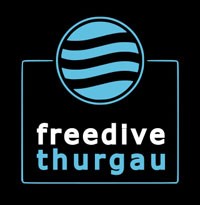





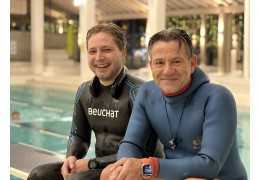
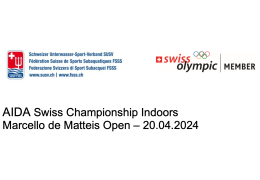
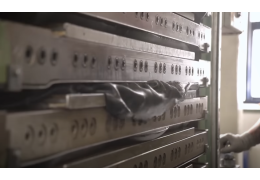
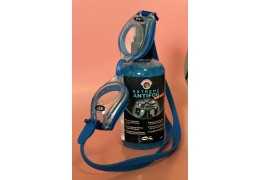
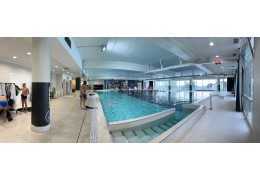
Leave a comment
Log in to post comments